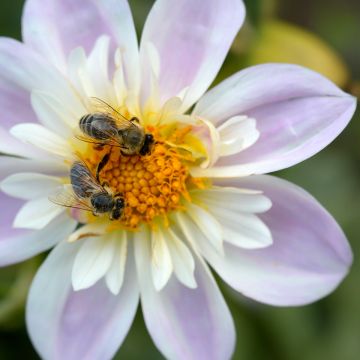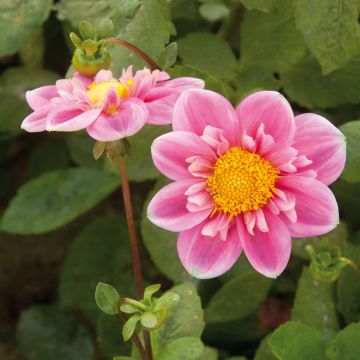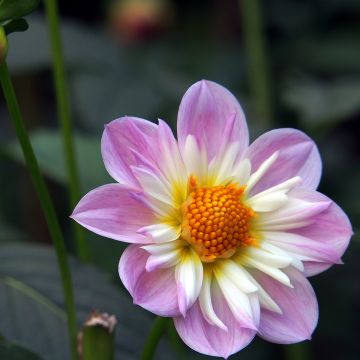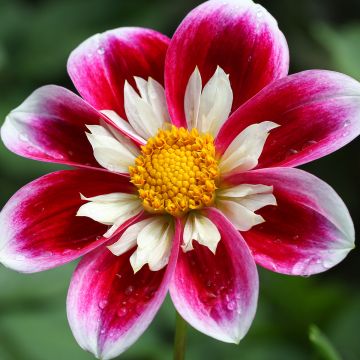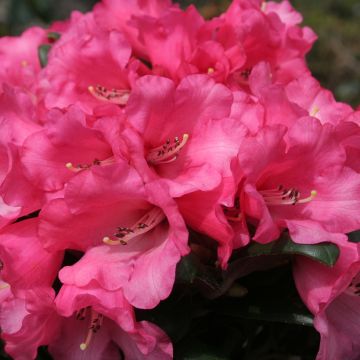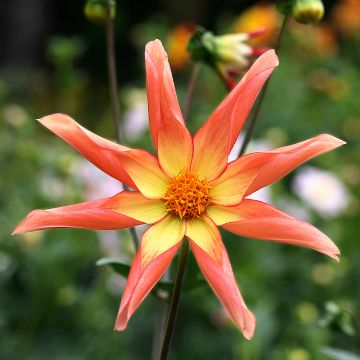Shipping country and language
Your country of residence may be:
Your country of residence is:
For a better user experience on our website, you can select:
Your shipping country:
Andorra
Austria
Belgium
Bulgaria
Canada
Chile
Croatia
Cyprus
Czechia
Denmark
Estonia
Finland
France
Germany
Greece
Hungary
Iceland
Ireland
Italy
Latvia
Lithuania
Luxembourg
Malta
Monaco
Netherlands
Poland
Portugal
Romania
Slovakia
Slovenia
Spain
Sweden
Switzerland
United Kingdom
We only deliver seed and bulb products to your country. If you add other products to your basket, they cannot be shipped.
Language:
French
German
Spanish
English
My Account
Hello
My wish lists
Plantfit
Log in / Register
Existing customer?
New customer?
Create an account to track your orders, access our customer service and, if you wish, make the most of our upcoming offers.
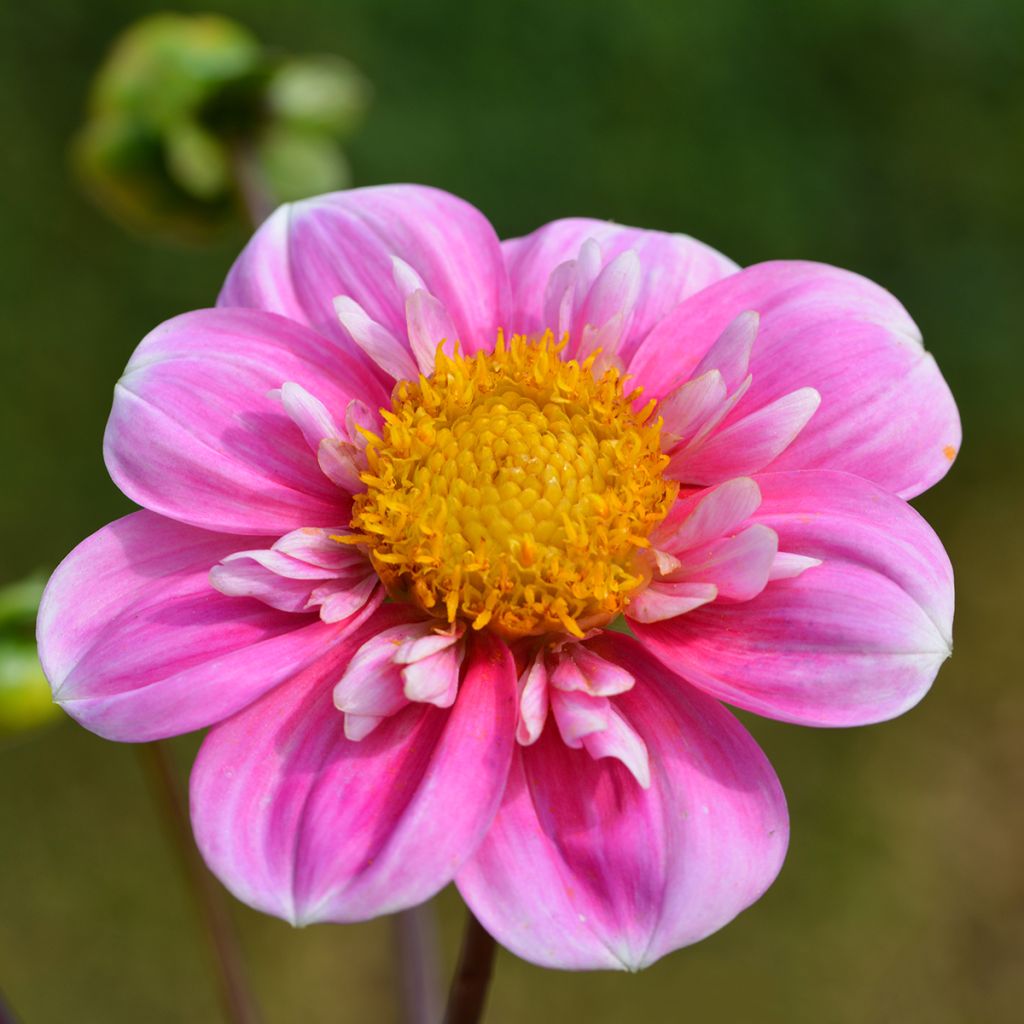

Dahlia Hartenaas Obs
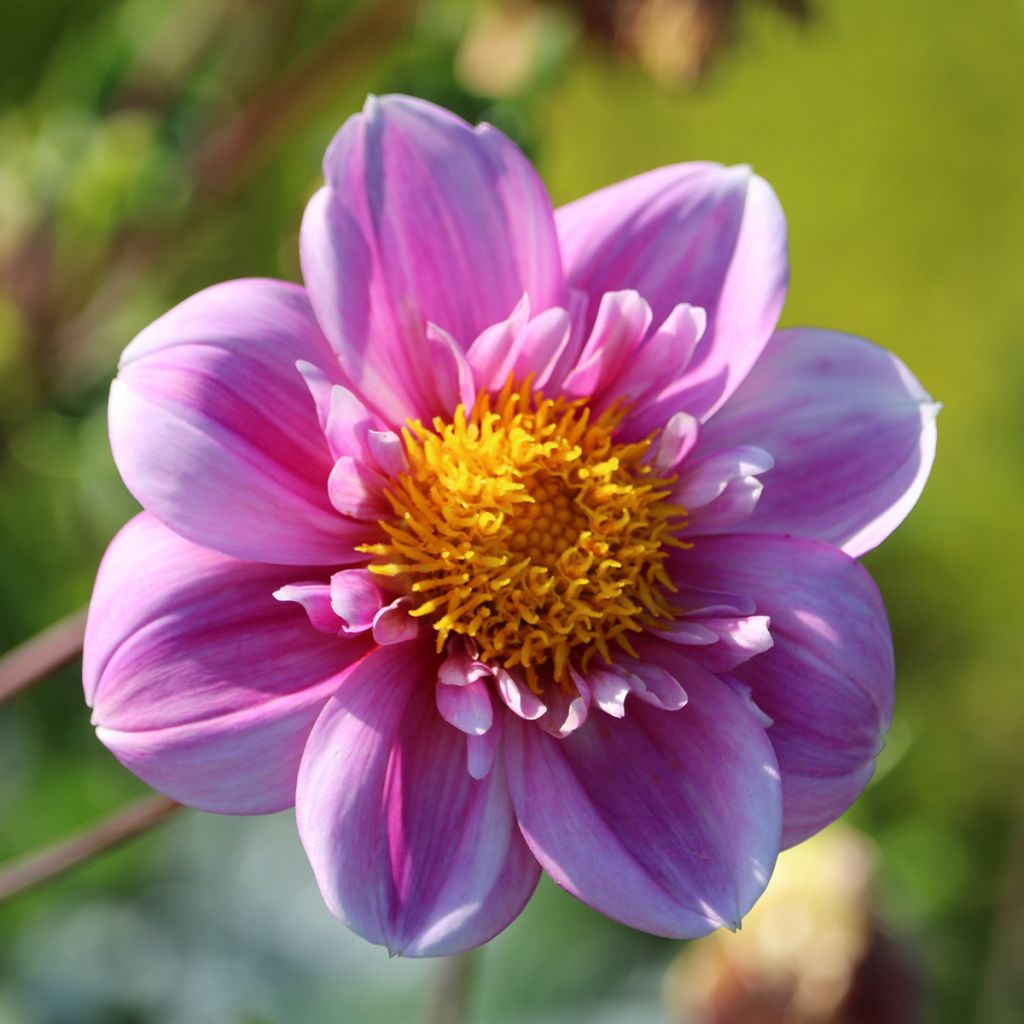

Dahlia Hartenaas Obs
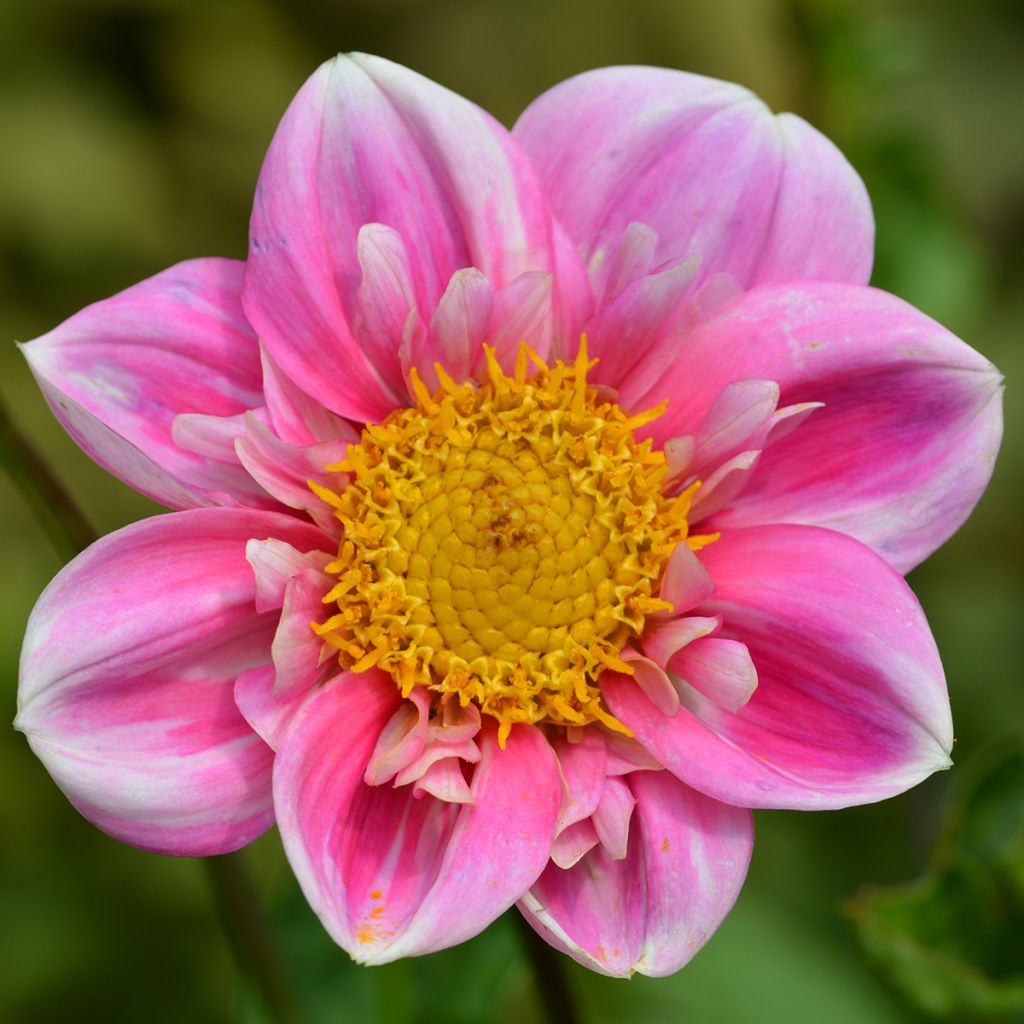

Dahlia Hartenaas Obs
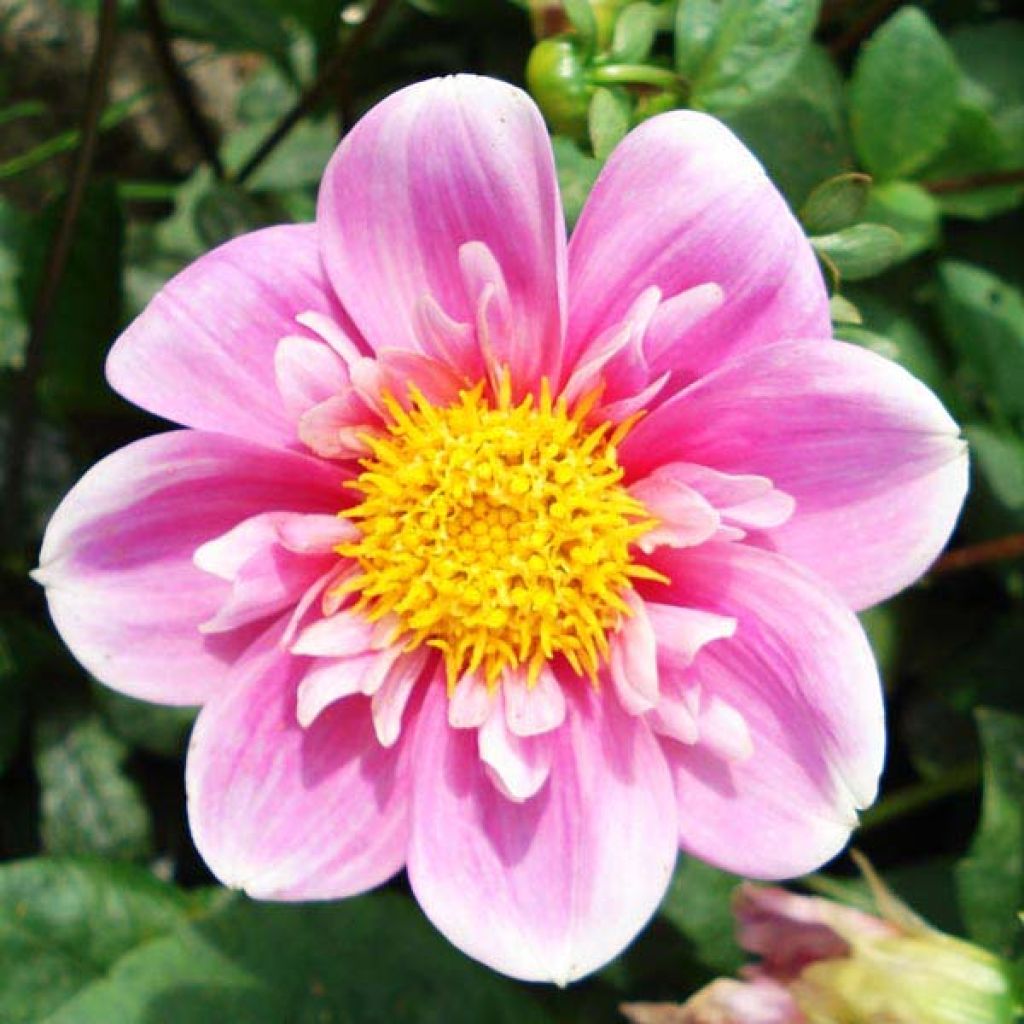

Dahlia Hartenaas Obs
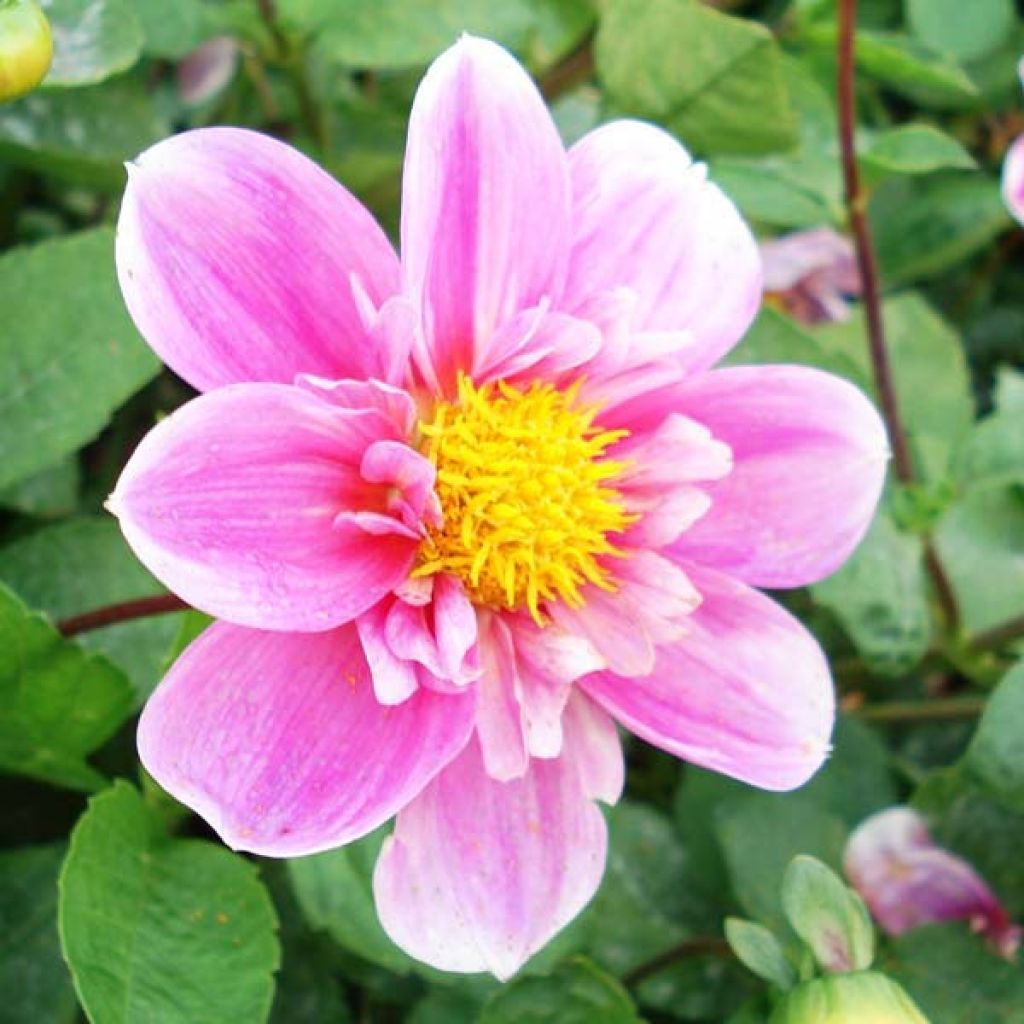

Dahlia Hartenaas Obs
Dahlia Hartenaas Obs
Dahlia Hartenaas
Dahlia
Perfect.
stephanie maupas, 11/10/2016
Why not try an alternative variety in stock?
View all →Order in the next for dispatch today!
Dispatch by letter from €3.90.
Delivery charge from €5.90 Oversize package delivery charge from €6.90.
More information
This item is not available in your country.
Schedule delivery date,
and select date in basket
This plant carries a 6 months recovery warranty
More information
We guarantee the quality of our plants for a full growing cycle, and will replace at our expense any plant that fails to recover under normal climatic and planting conditions.
From €5.90 for pickup delivery and €6.90 for home delivery
Express home delivery from €8.90.

Does this plant fit my garden?
Set up your Plantfit profile →
Description
This Collerette Dahlia 'Hartenaas' is a rather compact variety, very floriferous, well suited for perennial beds, borders, and flowering pots. Its pink flower, of modest size, well open, is adorned with a pretty tone-on-tone collar and a golden centre that bees love. A simple and charming flowering, which is renewed for several weeks.
Dahlias belong to the Asteraceae family and are originally from the high plateaus of Mexico. At present, the thousands of horticultural varieties obtained by humans have invaded, to our great pleasure, gardens all over the world. The Dahlia is a herbaceous perennial plant due to its tuber, a reserve organ that allows it to pass the bad season in a resting and dry state.
The 'Hartenass' variety is classified among the Collarette Dahlias, which is a horticultural category defined by the shape of the flower. In this group, the coloured ligules of the head are regularly arranged in a crown around a collar of small petals surrounding the central disk. The 'Hartenaas' flowers are approximately 7-8cm (3in) in diameter. The flowering takes place from July to October. The habit is bushy, with the plant reaching approximately 55cm (22in) in height. The very branched stems are hollow and the leaves are opposite, pinnately lobed, which means they are divided into 3 or 5 very toothed lobes. The leaves are green and the stems are more or less tinged with copper.
To promote flowering again, take care to cut faded flowers, or even better, regularly make large colourful bouquets by associating it with other varieties. 'Hartenaas' goes particularly well with white flowers (foxgloves, baby's breath) or mauve ones (Nepetas, Agastache Serpentine, Anchusa 'Dropmore'). The dark foliage of Physocarpus or Anthriscus sylvestris 'Ravenswing' also enhances its very pretty pink flowers.
As a star plant in borders and herb gardens, Dahlias confidently accompany the most beautiful flowers, but are also appreciated alongside vegetable plants. In Mexico, this tuberous plant was first cultivated as a root vegetable for consumption. But its poor taste qualities assigned it to the rank of an ornamental plant.
Plant habit
Flowering
Foliage
Botanical data
Dahlia
Hartenaas
Asteraceae
Dahlia
Cultivar or hybrid
Other Collarette Dahlia
Planting and care
Plant your dahlias during the good weather in soil that has been deeply tilled and enriched, for example, with crushed horn or dehydrated blood. Place your tubercle and crumble the soil well to fill in without any air pockets. Your dahlia should be covered with 6cm (2in) of soil. At the end of planting, pour one litre of water. Water regularly during the first 6 weeks to help with rooting. Dahlias are sensitive to cold. They need to be overwintered. In November, the first frost will blacken the foliage, which is the time to dig them up. Carefully remove the tubercles. Remove as much soil as possible. Let the foliage dry so that the tubercle can replenish its reserves. When the foliage is dry, cut the stems 10cm (4in) from the tubercle. Spread your bulbs in a box on newspaper. Store in a frost-free, dry, cool, and dark place.
Planting period
Intended location
Care
- , onOrder confirmed
Reply from on Promesse de fleurs
Dahlias
Haven't found what you were looking for?
Hardiness is the lowest winter temperature a plant can endure without suffering serious damage or even dying. However, hardiness is affected by location (a sheltered area, such as a patio), protection (winter cover) and soil type (hardiness is improved by well-drained soil).

Photo Sharing Terms & Conditions
In order to encourage gardeners to interact and share their experiences, Promesse de fleurs offers various media enabling content to be uploaded onto its Site - in particular via the ‘Photo sharing’ module.
The User agrees to refrain from:
- Posting any content that is illegal, prejudicial, insulting, racist, inciteful to hatred, revisionist, contrary to public decency, that infringes on privacy or on the privacy rights of third parties, in particular the publicity rights of persons and goods, intellectual property rights, or the right to privacy.
- Submitting content on behalf of a third party;
- Impersonate the identity of a third party and/or publish any personal information about a third party;
In general, the User undertakes to refrain from any unethical behaviour.
All Content (in particular text, comments, files, images, photos, videos, creative works, etc.), which may be subject to property or intellectual property rights, image or other private rights, shall remain the property of the User, subject to the limited rights granted by the terms of the licence granted by Promesse de fleurs as stated below. Users are at liberty to publish or not to publish such Content on the Site, notably via the ‘Photo Sharing’ facility, and accept that this Content shall be made public and freely accessible, notably on the Internet.
Users further acknowledge, undertake to have ,and guarantee that they hold all necessary rights and permissions to publish such material on the Site, in particular with regard to the legislation in force pertaining to any privacy, property, intellectual property, image, or contractual rights, or rights of any other nature. By publishing such Content on the Site, Users acknowledge accepting full liability as publishers of the Content within the meaning of the law, and grant Promesse de fleurs, free of charge, an inclusive, worldwide licence for the said Content for the entire duration of its publication, including all reproduction, representation, up/downloading, displaying, performing, transmission, and storage rights.
Users also grant permission for their name to be linked to the Content and accept that this link may not always be made available.
By engaging in posting material, Users consent to their Content becoming automatically accessible on the Internet, in particular on other sites and/or blogs and/or web pages of the Promesse de fleurs site, including in particular social pages and the Promesse de fleurs catalogue.
Users may secure the removal of entrusted content free of charge by issuing a simple request via our contact form.
The flowering period indicated on our website applies to countries and regions located in USDA zone 8 (France, the United Kingdom, Ireland, the Netherlands, etc.)
It will vary according to where you live:
- In zones 9 to 10 (Italy, Spain, Greece, etc.), flowering will occur about 2 to 4 weeks earlier.
- In zones 6 to 7 (Germany, Poland, Slovenia, and lower mountainous regions), flowering will be delayed by 2 to 3 weeks.
- In zone 5 (Central Europe, Scandinavia), blooming will be delayed by 3 to 5 weeks.
In temperate climates, pruning of spring-flowering shrubs (forsythia, spireas, etc.) should be done just after flowering.
Pruning of summer-flowering shrubs (Indian Lilac, Perovskia, etc.) can be done in winter or spring.
In cold regions as well as with frost-sensitive plants, avoid pruning too early when severe frosts may still occur.
The planting period indicated on our website applies to countries and regions located in USDA zone 8 (France, United Kingdom, Ireland, Netherlands).
It will vary according to where you live:
- In Mediterranean zones (Marseille, Madrid, Milan, etc.), autumn and winter are the best planting periods.
- In continental zones (Strasbourg, Munich, Vienna, etc.), delay planting by 2 to 3 weeks in spring and bring it forward by 2 to 4 weeks in autumn.
- In mountainous regions (the Alps, Pyrenees, Carpathians, etc.), it is best to plant in late spring (May-June) or late summer (August-September).
The harvesting period indicated on our website applies to countries and regions in USDA zone 8 (France, England, Ireland, the Netherlands).
In colder areas (Scandinavia, Poland, Austria...) fruit and vegetable harvests are likely to be delayed by 3-4 weeks.
In warmer areas (Italy, Spain, Greece, etc.), harvesting will probably take place earlier, depending on weather conditions.
The sowing periods indicated on our website apply to countries and regions within USDA Zone 8 (France, UK, Ireland, Netherlands).
In colder areas (Scandinavia, Poland, Austria...), delay any outdoor sowing by 3-4 weeks, or sow under glass.
In warmer climes (Italy, Spain, Greece, etc.), bring outdoor sowing forward by a few weeks.
